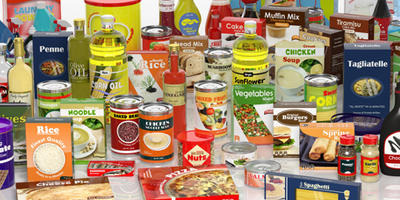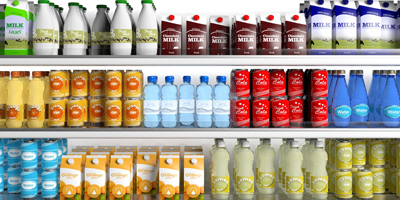Who we Serve
Concision Marketing focuses on the needs of the first 4 contributors in the value chain…
…while understanding the whole value chain, anticipating the needs of value chain stakeholders, customers, and consumers.
With Concision Marketing as a partner, the appropriate players in the segment value chain are engaged to command the right value for your product or service. Concision Marketing understands the value chain, its influencers, and has the experience and connections in the marketplace to propel your business.
Value Chain Influencers
Active Ingredient Hunters & Screeners
Government Health Sector Agencies
Online Consumer Health Information
Consumer Trends & Insights Services
Universities
Regulatory Agencies
Clinical Researchers
NGOs
Health Care Professionals
Industry Councils and Trade Groups
Trade Media
Influencers & Opinion Leaders
Although Concision Marketing’s target customers operate early in the value chain, a keen understanding of the consumer markets, including trends, innovation, and value gaps is key to capturing success for clients. Concision marketing serves specific value chain players in 3 consumer market segments:

Functional Food
Functional food is fortified with ingredients which improve the health benefits. These benefits can be completely different to the base food such as cholesterol-lowering margarine, or related to the base food, such as pro-biotic enhanced yoghurt. Functional foods can also be labelled organic, natural, and other classifications so long as the requirements for that label are met. Popular sub-categories of functional food are:
Bakery: bread, cakes and other baked desserts
Grain-based: Cereal, muesli, pasta, rice and other dried grains
Snack Foods: Candy, gum, nuts, salty snacks such as chips, and nutrition bars.
Packaged/Prepared Foods: Frozen, refrigerated, canned, and dried prepared foods, infant food and formula, soup, pasta, sauce, and desserts.
Dairy: yogurt and dairy-based spreads
Condiments: Dressings, spreads, sauces, spices, fats & shortenings, and sweeteners.
Concision Marketing also supports the supply chain players who participate in the fortified foods segment, and in medical foods. These two categories of “foods with added ingredients for health” have subtle distinctions from Functional Foods and can have different allowable label claims and dosage requirements.

Dietary Supplements
The Dietary Supplement Market includes supplementary nutrition delivered in a variety of formats (tablets, capsules, gel caps, ODTs, sticks, sachets, tonics, elixirs, powdered drink mixes and others). Formulations range from single-entity dosage to complex nutrient combinations in a single dosage, to inter-related nutritional programs or systems designed to work as a nutritional “team” inside your body.
Vitamins: supplement comprising one or more natural or synthesized vitamins
Minerals: supplement comprising one or more natural or synthesized minerals (e.g. crystalline elements or compounds such as potassium, calcium, magnesium, manganese, chromium, zinc, selenium, iron, silica, boron, choline, iodine, phosphorous, copper, etc.)
Botanicals: supplement comprising one or more herb or plant part.
Specialty Supplements: A catch-all category for supplements not fitting neatly into another category. Specialties are amino acids, chondroitin, glucosamine, melatonin, biotics, DHEA, CoQ10, etc.
Meal Supplements: This category includes shelf stable formulations for meal replacement or supplementing the nutritional needs above and beyond fork-and-knife food. Formulas are tailored for consumer’s goals which are typically weight loss or enhanced nutrient absorption.
Sports Nutrition: Arguably a category which can encompass all of the above, but contains ingredients and formulations specifically designed to enhance physical performance in the areas of endurance, strength, or speed. Some popular ingredients in this category are creatine, l-carnitine, nitrates, caffeine, amino acids, protein formulas, thermogenic ingredients, and many others.

Functional Beverages
Like Functional Foods, Functional Beverages offer an elevated health promise due to the inclusion of additional health-promoting ingredients. A functional beverage is a drink enhanced with nutrition to convey a health benefit beyond the inherent benefits of the beverage base. Some include ingredients like herbs, vitamins, minerals, amino acids, or additional raw fruit or vegetables. Beverage marketers work with many variables including flavor, packaging, hybridizing subcategories, and nutrition to capture market share. Functional Beverage sub-categories:
Juice: Fresh, frozen, and RTD juice, plus nectars
Beverage Concentrates and Mixes
Carbonated Soft Drinks
Sports & Energy Drinks
Flavoured still water
Malt and other hot beverages
Meal replacements and VLCD shakes
Tea, coffee, and dairy alternatives.
Concision Marketing has depth of knowledge in the non-alcoholic beverage market including unmet consumer needs and trends.
Many of Concision Marketing’s customers work in all three consumer segments and therefore an understand across segments is of great value when maximizing the return on capital employed.

